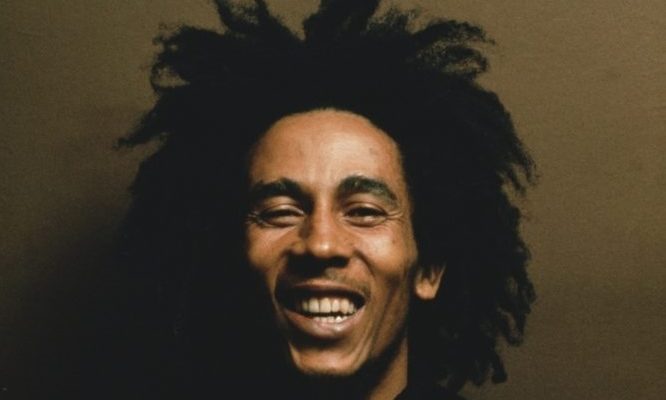

Amid the recently revived conversation around whether Bob Marley should be made a National Hero, a University of the West Indies (UWI) lecturer who teaches a course on the Reggae legend is suggesting that, given the criteria for the nation’s highest honour, he does not currently fit the bill.
The discussion around the subject recently received a boost after Barbados-born pop superstar Rihanna was given a similar honour as her homeland celebrated its removal of the Queen of England as head of state and transformation to a republic.
While most members of the public are of the notion that Marley has earned the right to stand alongside Jamaica’s seven current national heroes, adjunct lecturer Fabian Thomas has put forward what is likely to at first glance be an unpopular perspective on the matter.
While he credits Marley for the significant contributions he has made on a national and global scale, the transformational trainer, facilitator, life/corporate coach, and performing arts specialist believes the current challenge with the requirements lies in their vague and archaic nature which does not allow for those who have made cultural contributions to make the cut.
Membership in the Order of National Hero may be conferred upon any person who was born in Jamaica or is, or at the time of his or her death was, a citizen of Jamaica and rendered to Jamaica service of a most distinguished nature.
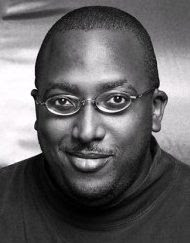
Thomas, who teaches Bob Marley and his Music, a course offered at The UWI, suggested that the achievements that would justify the honour, under the current requirements, would have been expected to be made between slavery and independence and that those accomplishments were from before Marley’s time.
In addition, while Marley did inspire a political conversation from his One Love Peace concert, Thomas noted that the aftermath of the moment was not capitalised on, so whatever strides were made, if any, are not documented and therefore it is impossible to point to an impact worth the honour and say “this in fact happened”.
But, rather than dismissing Marley as never deserving of National Hero status, Thomas said the criteria ought to revisited, reassessed and adjusted to incorporate great Jamaicans such as him.
“We need to define and clarify it (National Hero) at a national level,” Thomas said.
However, if the criteria to become a National Hero are not revised, the life coach believes Marley ought to receive some other form of recognition separate and apart from what has already been bestowed upon him.
“I would definitely say he deserves some level of recognition, a high level of recognition and I would say beyond what he got when he died. So that is something I think nationally we need to examine,” Thomas said.
When asked what he believes the revision should include, Thomas highlighted culture, sports and cultural identity.
“In addition to slavery, freedom, independence, nation building, you should look at the creation, innovation and enhancement of culture, cultural identity, sports.”
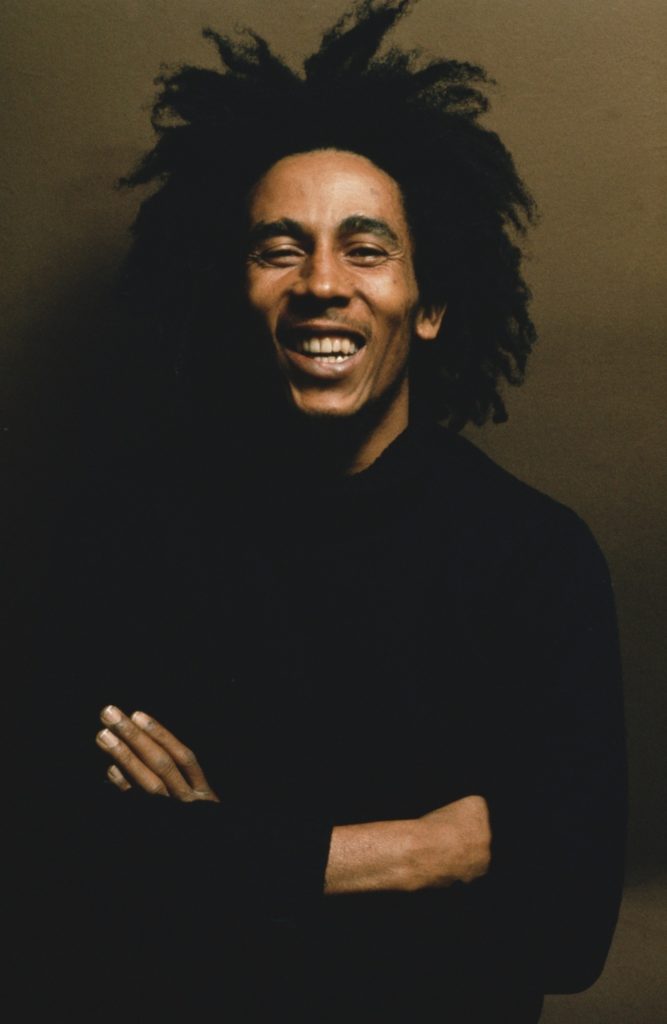
He also believes the decision should not be made based on someone’s personal opinion, adding: “We need to get more details so that it’s not a person’s personal opinion. We need to broaden it now because the nation building and the independence work and the slavery work, that’s done. But now look at people who are transforming the nation in culture, arts, activism, even in politics, when dem a guh above and beyond, that their work is transforming the country and the majority (their work) is making a difference locally and internationally,” Thomas shared.
Track star Usain Bolt and Louise Bennett Coverley (Miss Lou) are also individuals he believes should become national heroes as well, once the requirements are revised.
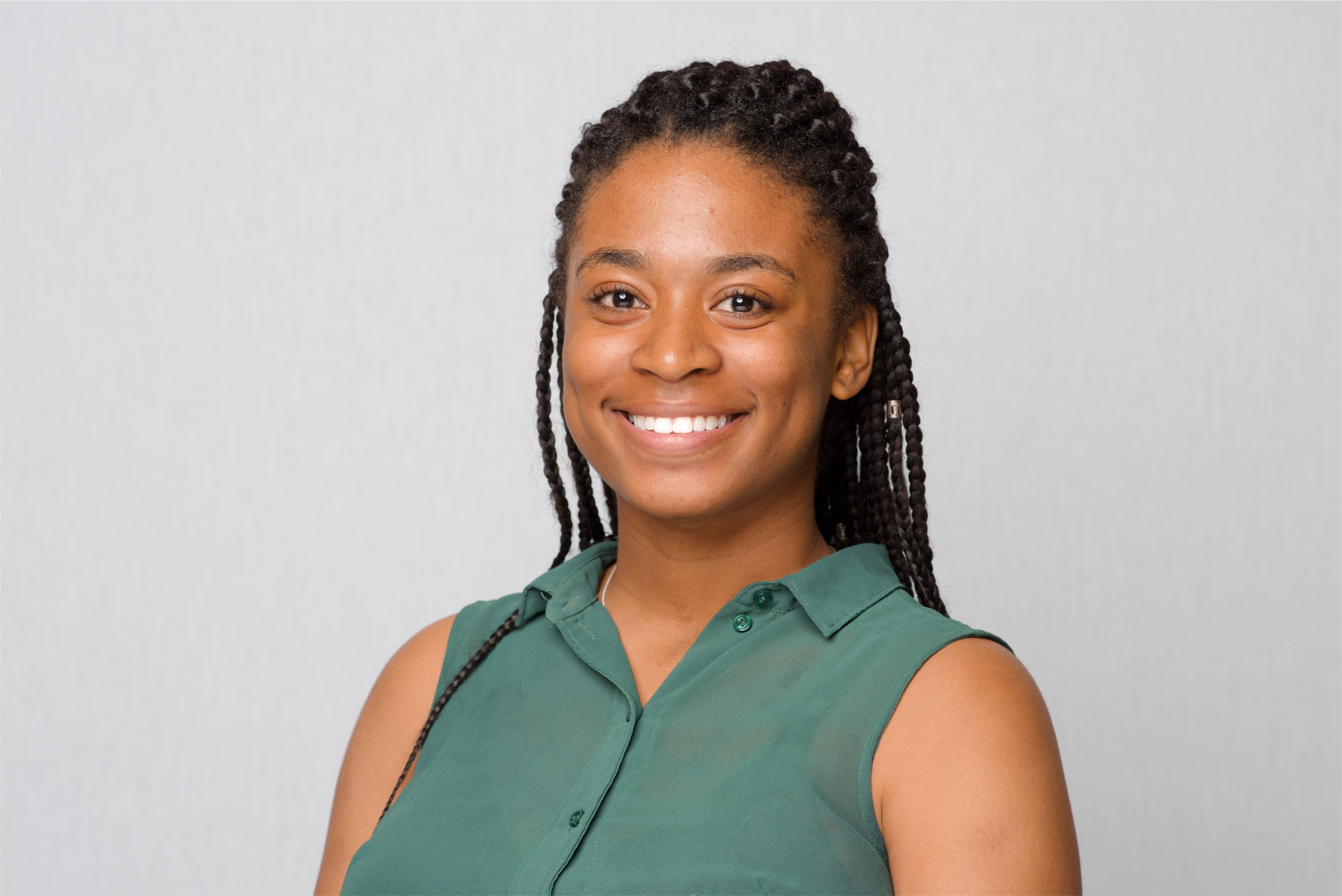
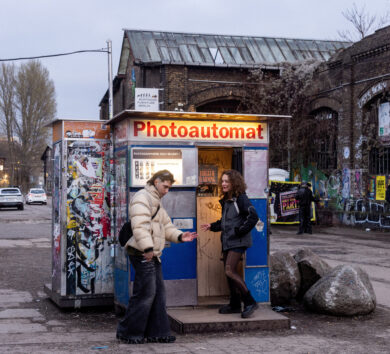
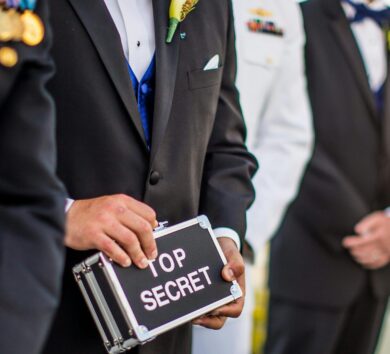
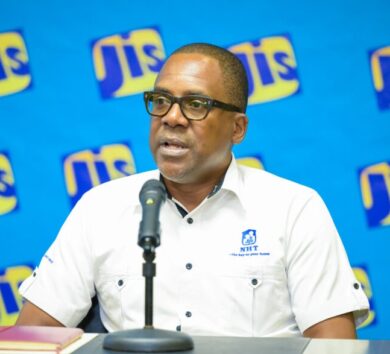
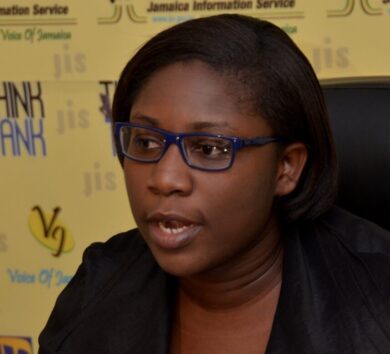
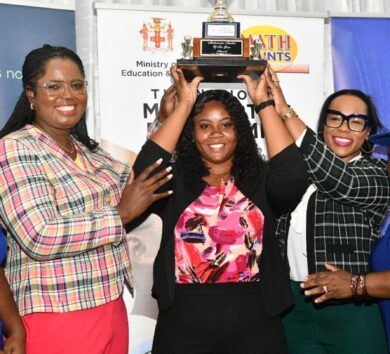
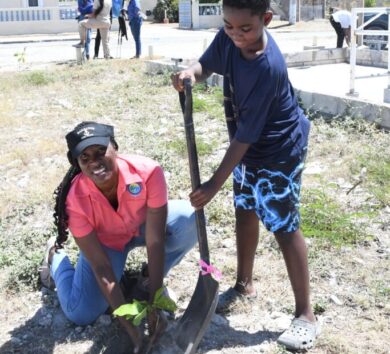
Comments